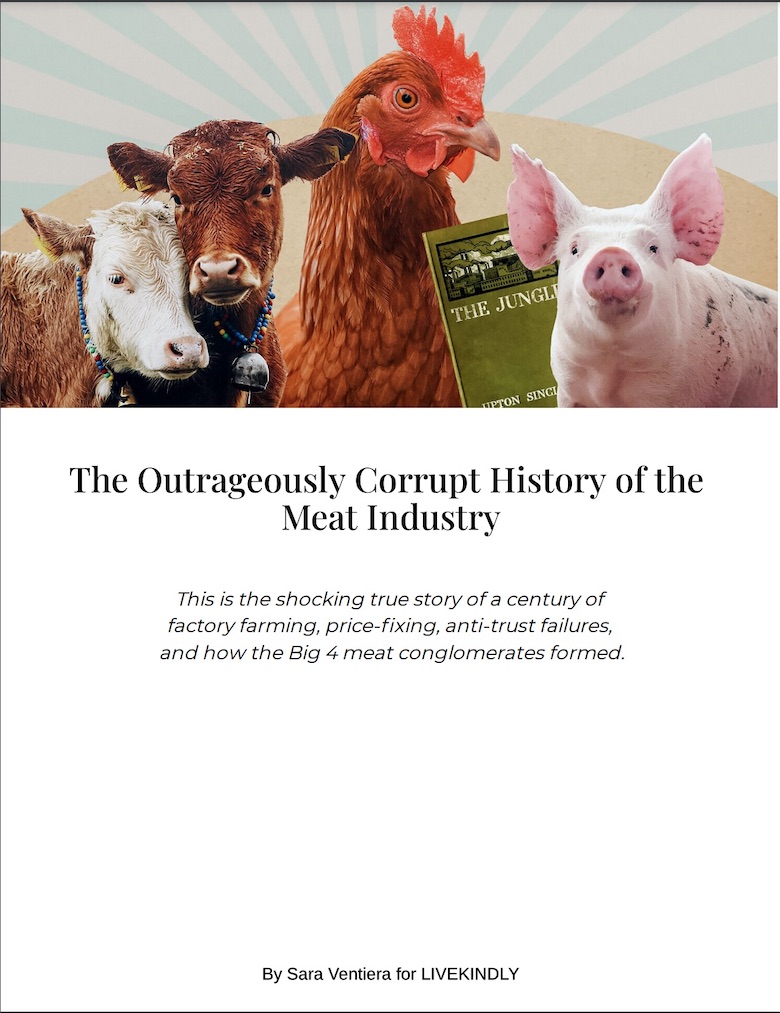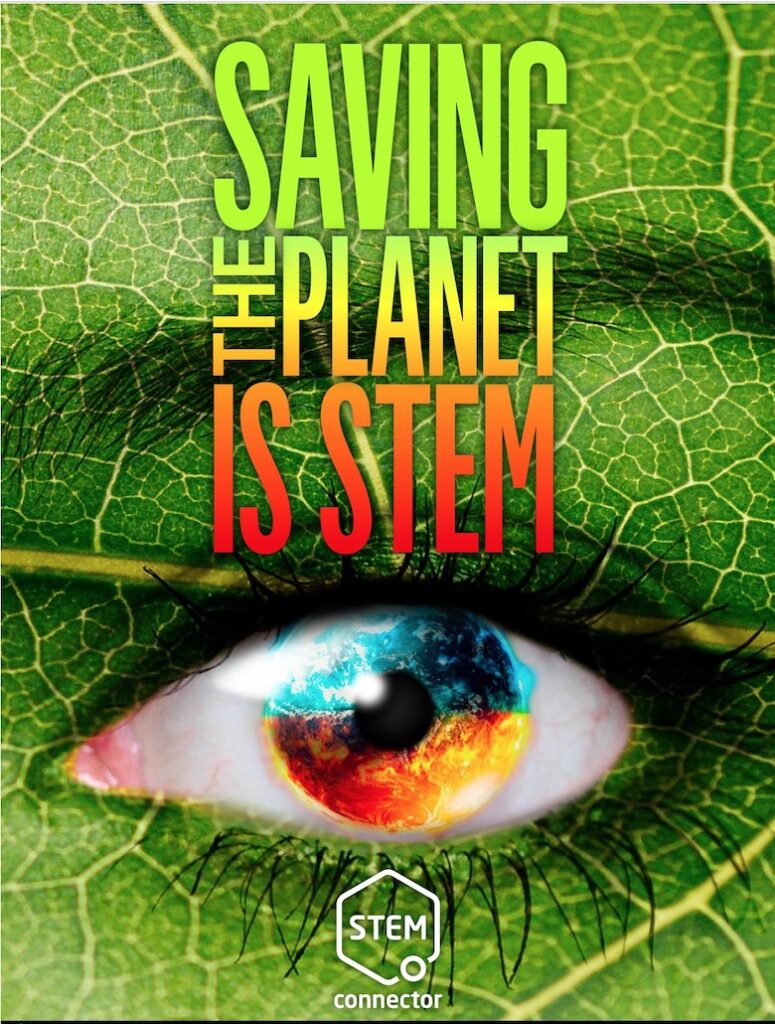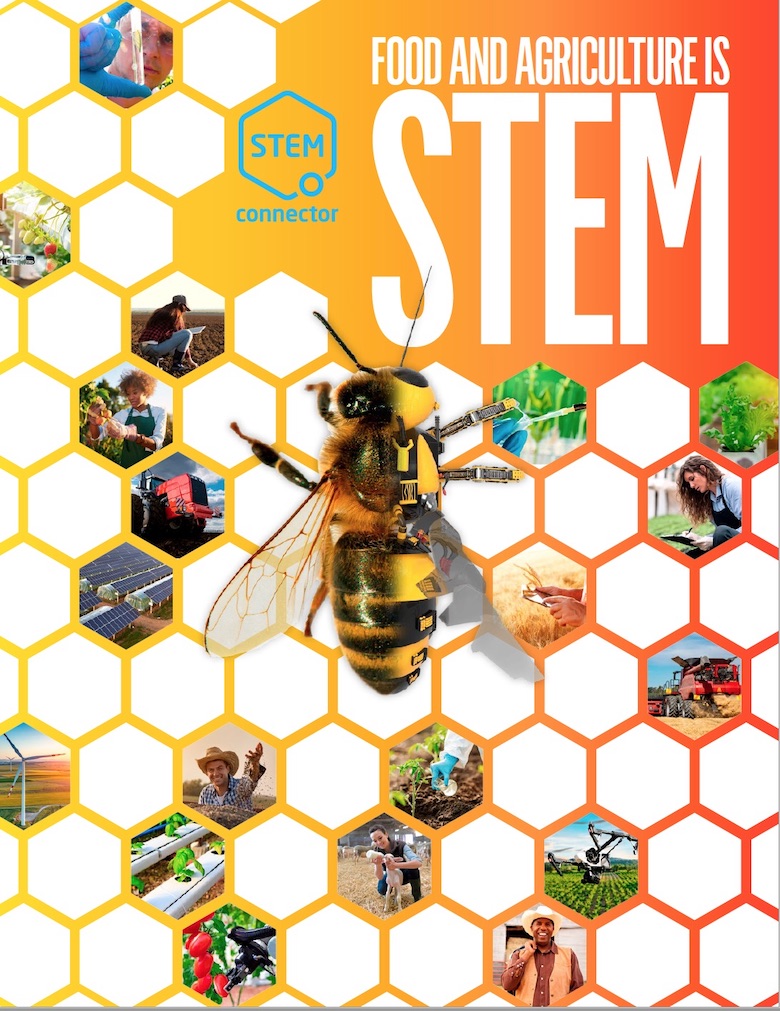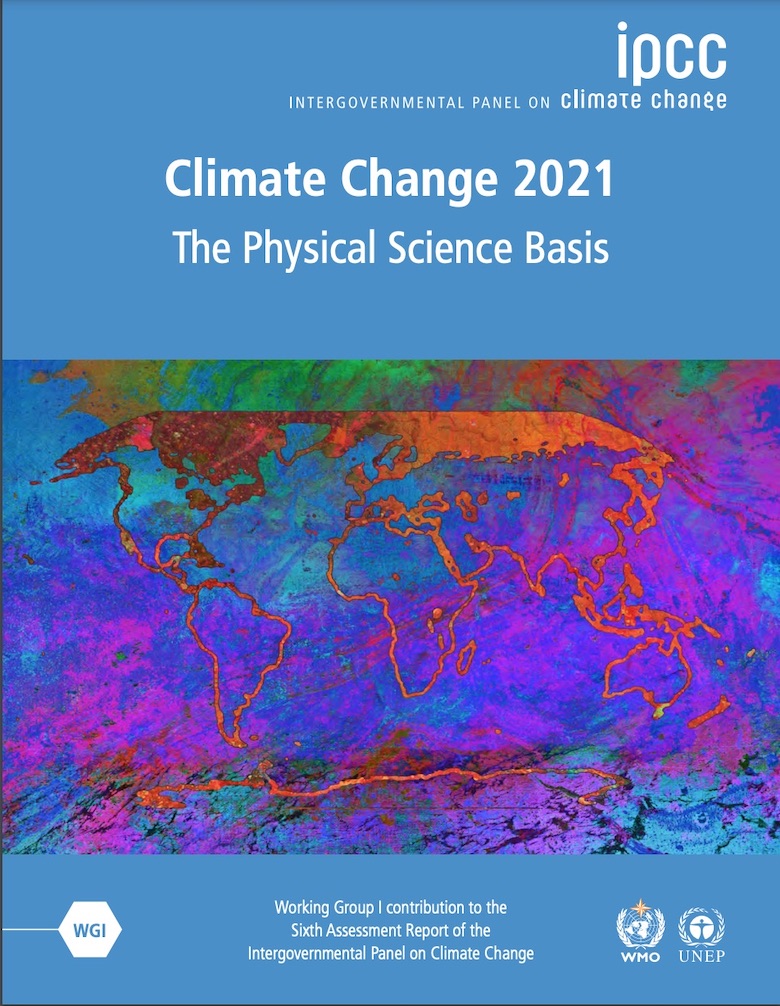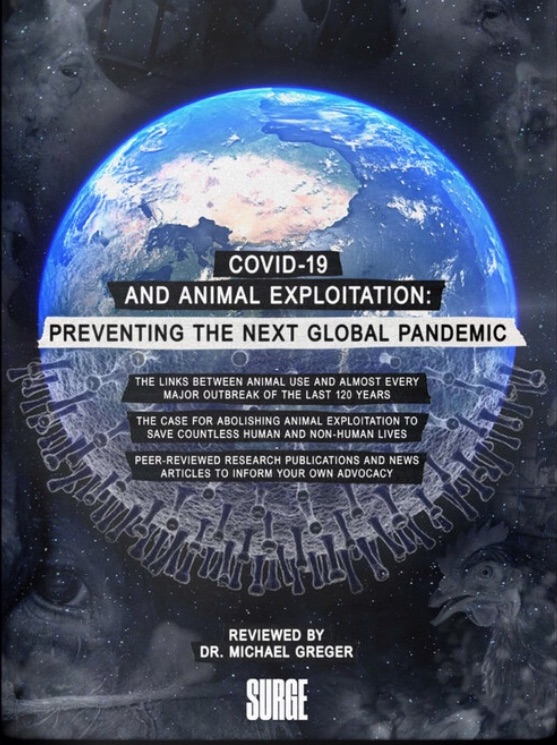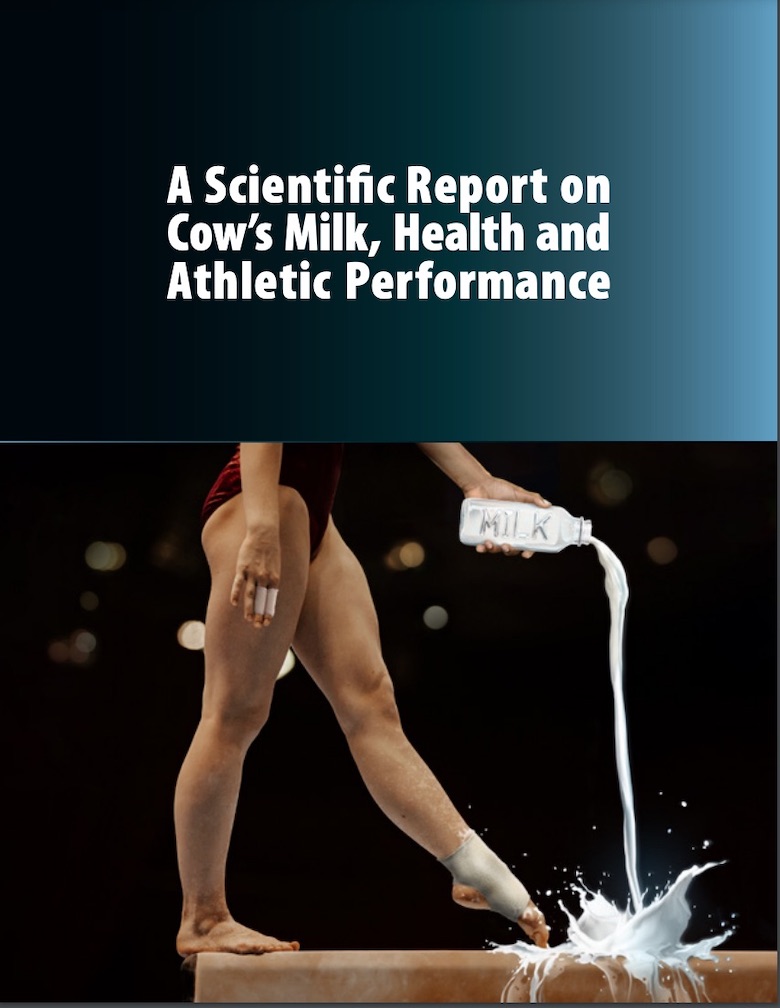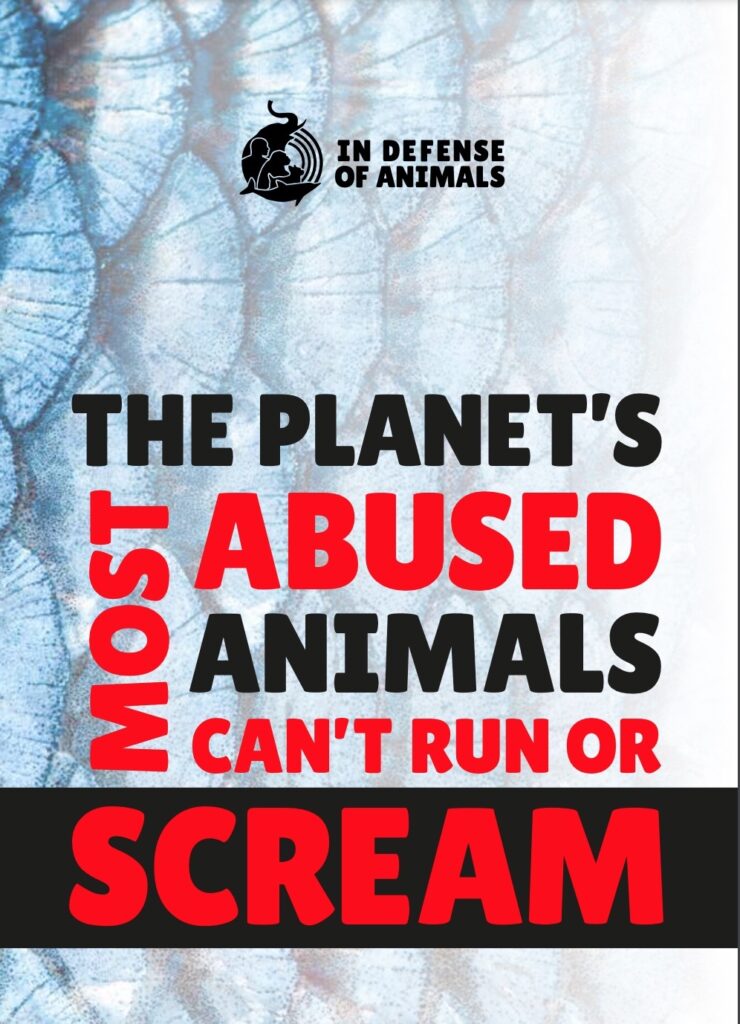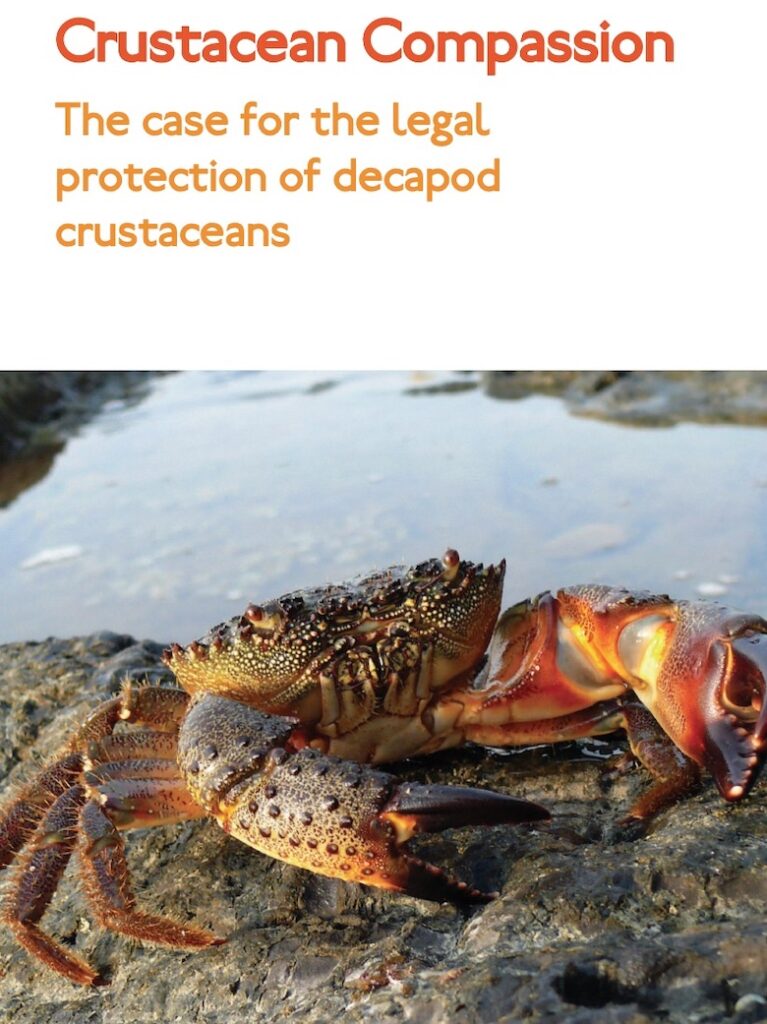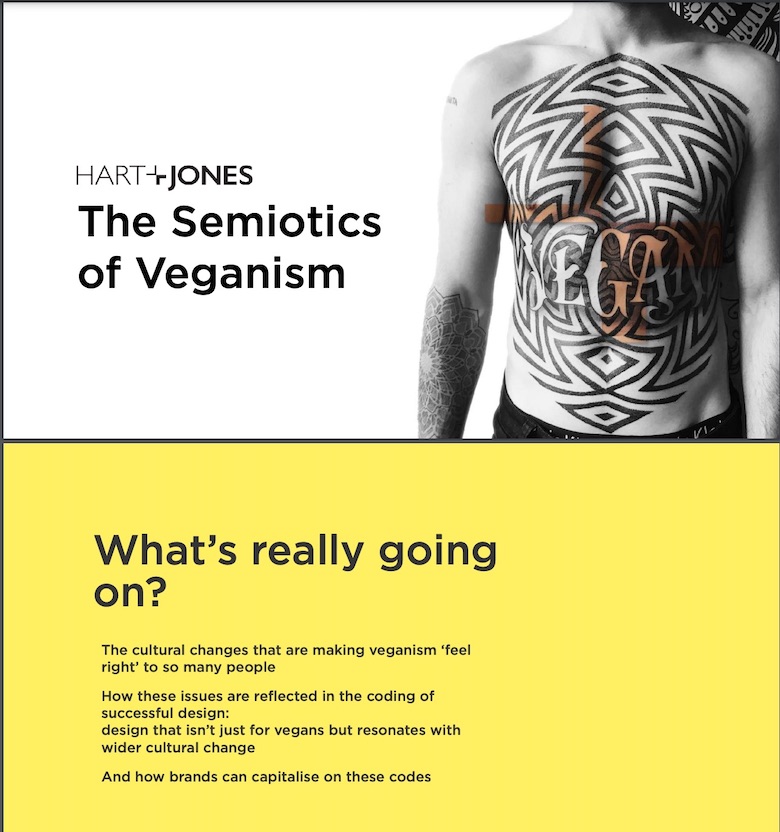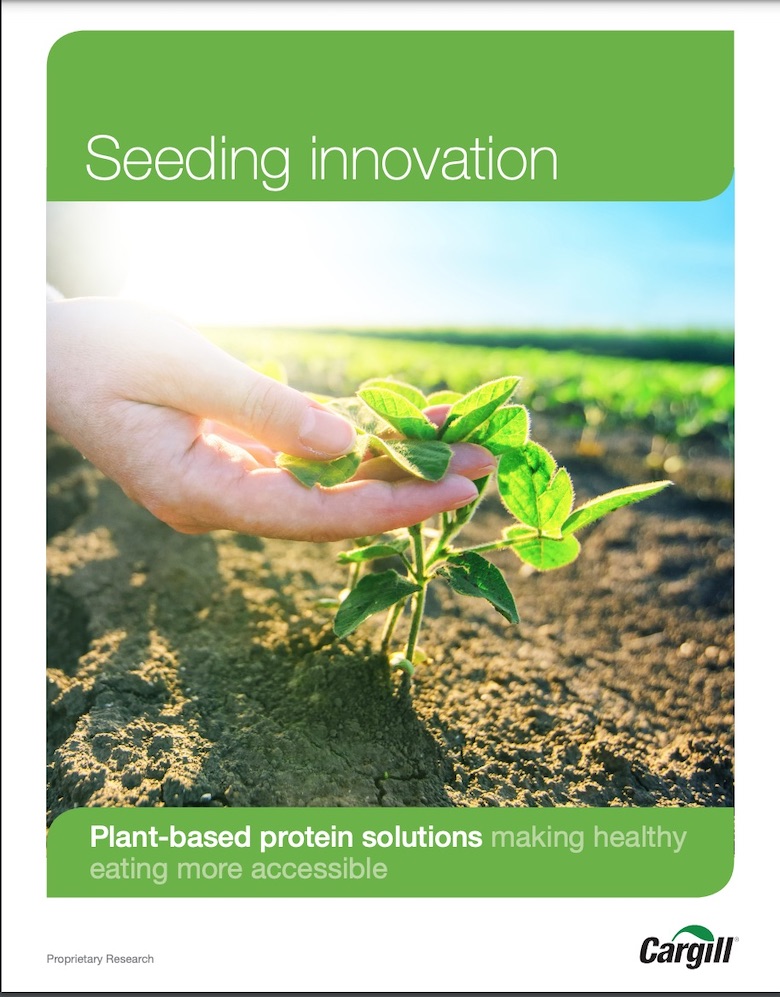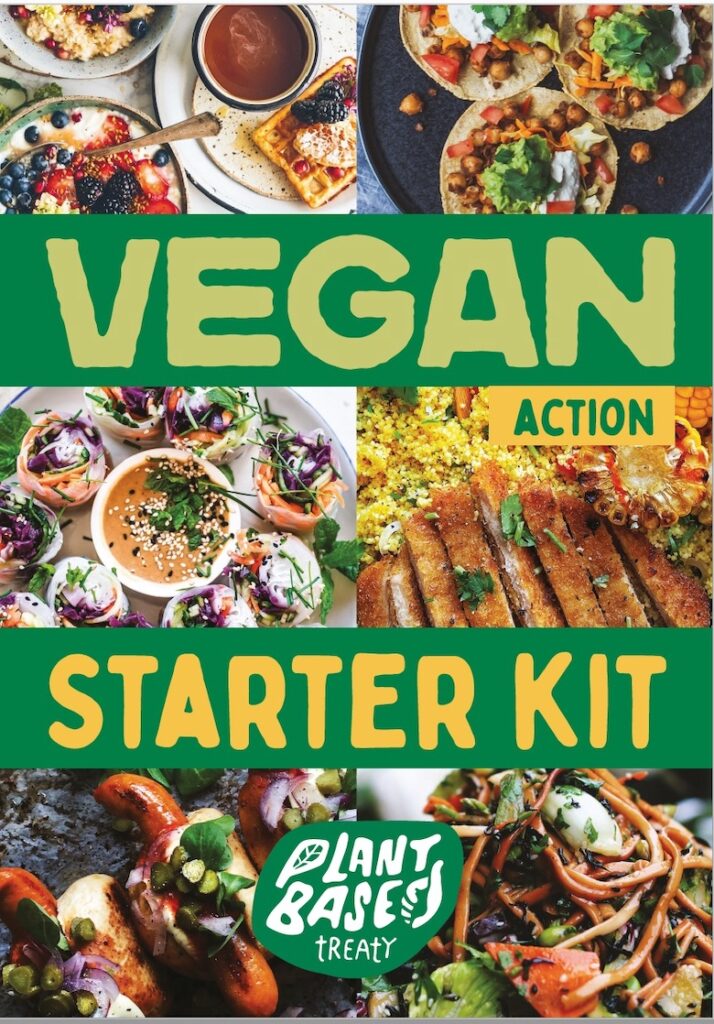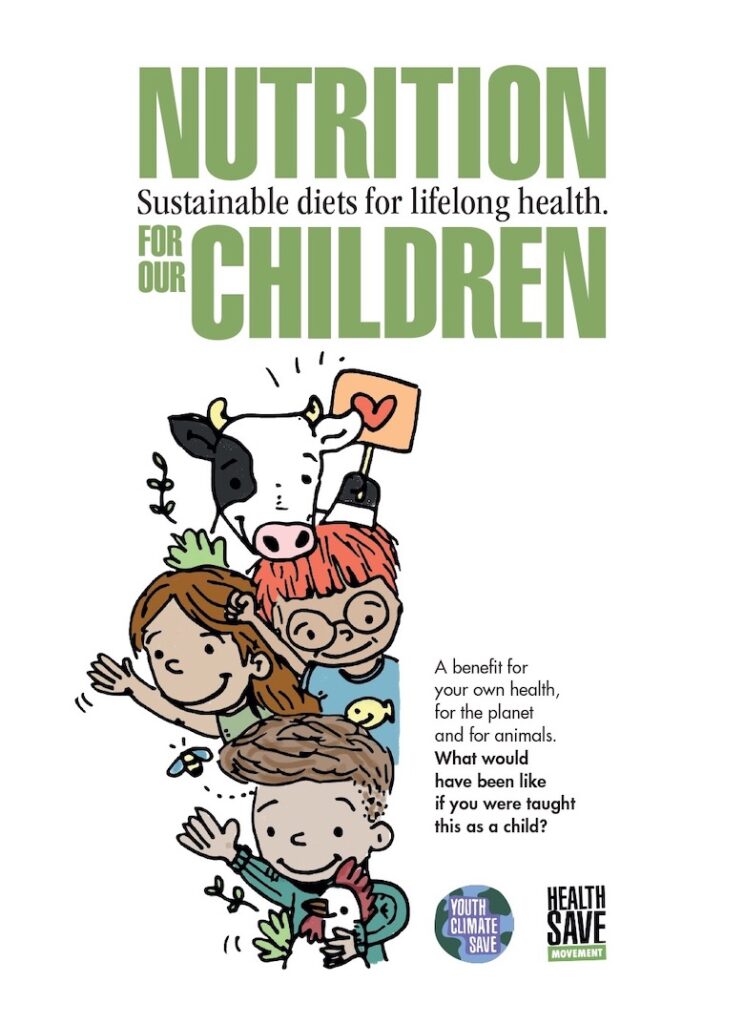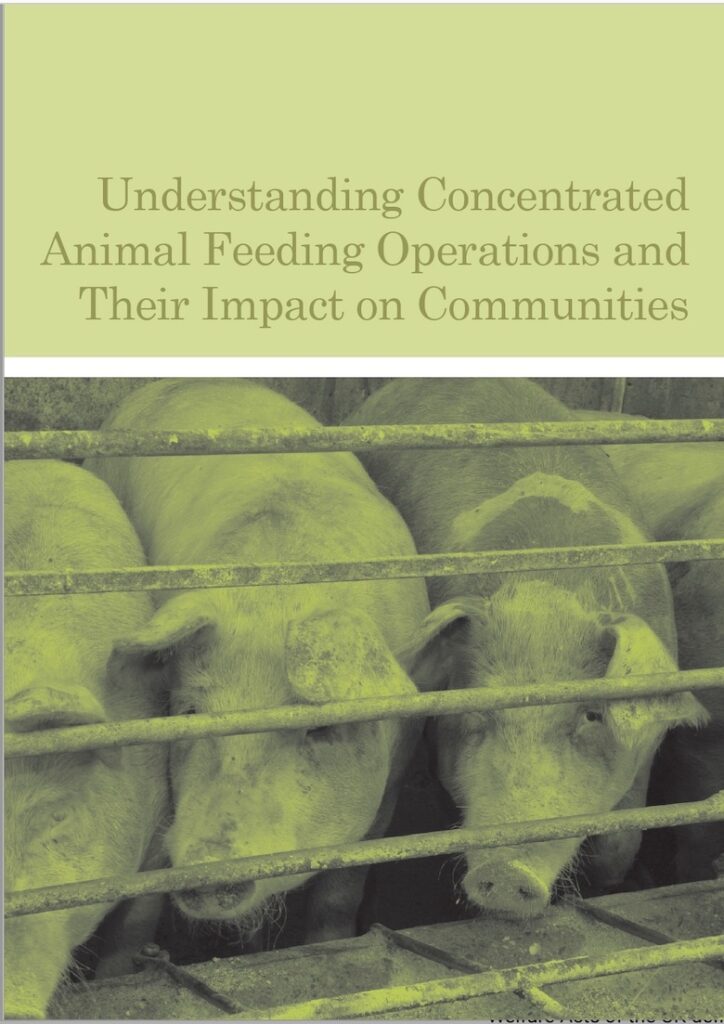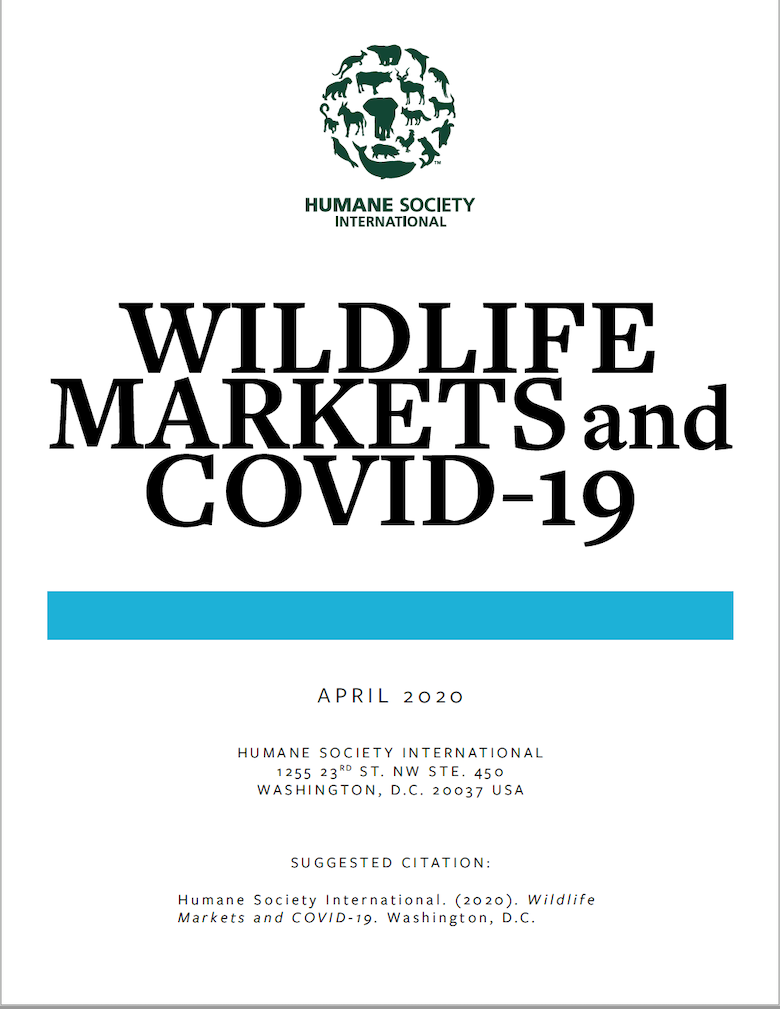White papers and other resources
Vegan Storyteller is a platform that curates and shares white papers on relevant topics to veganism. These documents provide educational information, expert knowledge, and authoritative and persuasive language in order for you to think about the issue or topic at hand more deeply than before reading them.
Right after President Joe Biden took office on January 20, 2021, a diverse coalition of 30 environmental, family farm, farm policy and rural community organizations made an ardent push to address a little-known issue that impacts every single person in the United States: corruption in Big Ag. This is the shocking true story of how the Big 4 meat conglomerates formed and how they rule the meat industry today.
Reducing our carbon footprint is a critical step in restoring our planet. From the energy we use in our homes, to the transportation we utilize, to the food we eat – everything we do affects the amount of greenhouse gases that are emitted into the atmosphere. And we can control it. It’s going to take creative minds and innovation to put our planet on a sustainable path. Eating plant-based is one key strategy.
With a global food shortage expected to double in demand over the next few years, the food and agriculture industry is investigating everything from digital agriculture to drones. It’s in the best interest of every vegan activist to know what technologies Big Ag is working on and promoting to farmers and the general public. This eBook explores the rapidly changing, high-tech industry of food and agriculture.
The Intergovernmental Panel on Climate Change (IPCC) finalized on August 6, 2021, the first part of its Sixth Assessment Report, Climate Change 2021: The Physical Science Basis. The IPCC reports that, hands-down, the solution to slowing climate change is veganism. The Plant-Based Treaty has a Vegan Starter Kit.
COVID-19 is the latest in a long line of diseases linked to animal exploitation that have caused many of the world’s major outbreaks since the 1900s. Delve deeper into the histories of the diseases and the undeniable conclusion that abolishing animal use can at least slow or mitigate the risk of future emergence of deadly diseases.
For over a century, cow’s milk has been touted as a healthy part of a balanced diet. The idea that milk builds strong bones and muscles is exemplified by effective advertising campaigns. This report shows that cow’s milk has serious negative effects on general health, is an underlying factor in numerous chronic diseases, and is a specific impediment to athletic performance.
Fish are the planet’s most widely abused animals, but their suffering receives the least attention. Trillions of fish are exploited and killed every year in the food industry, the pet trade, and laboratories. Science is increasingly revealing that fish are intelligent, emotional beings, and has proven that fish feel pain, yet they are rarely protected by animal welfare legislation.
A 2021 UK government-commissioned report concludes there is strong evidence that decapod crustaceans are sentient and capable of feeling pain. The report recommends that all crustaceans be included in the United Kingdom’s animal welfare laws. Currently Animal Welfare Acts of the UK define an animal as “a vertebrate other than man.” This means that invertebrates such as crabs and lobsters receive no protection.
Corporations have caught on to the fact that veganism represents key shifts that are taking place in culture. And they are eager to capitalize on what they have discovered by branding their companies as green, vegan, and cruelty-free. It is up to each of us to determine how real or falsely hyped the brands are. Buyer beware. Don’t believe everything you read about a brand. Follow its money and supply chain. This report sheds insight into how brands target vegans to win market share.
Cargill’s white paper Seeding Innovation: Plant-based Proteins is intended to position the company as a thought leader and industry expert in plant-based proteins. In this report, Cargill compiles information from numerous sectors, making it appear as though it has transformed from a laggard to a leader of the plant-based industry. The hype would lead us to believe that Cargill is a trendsetter in terms of cultural relevance. In reality Cargill is among the world’s top four violators of animal welfare laws, environmental laws, and human rights laws.
Animal agriculture is fueling the climate crisis, ocean, biodiversity, and animal crisis, and we can stop it through our diet and lifestyle choices. Endorse the Plant-Based Treaty, and go vegan. The Vegan Action Starter Kit covers information about nutrition, ethical veganism, daily food requirements, meal plans, natural medicines, and suggests good books to read and documentaries to watch. The starter kit also provides links to vegan and animal liberation activist movements for those who are ready to engage.
A plant-based diet benefits human health and the health of the planet and animals. Veganism has a reduced environmental impact and contributes to food and national security. It also protects and respects animals and ecosystems. A plant-based diet is safe for all stages of life (pregnancy, lactation, childhood, adolescence, adulthood, and for athletes). This guide provides nutritional information, advice, delicious recipes, and tools to help children and families achieve this lifestyle transition.
Most of the meat and milk consumed by Americans comes from animals grown by large companies on industrial sized factory farms (concentrated animal feeding operations or CAFOs). CAFOs house tens of thousands of animals whose growth and slaughter or milk production is carefully controlled by corporate formulas. Such large concentrations of animals create vast amounts of manure in one location, which increases the potential for harm to the environment and to public health. The National Association of Local Boards of Health (NALBOH) produced this White Paper to report on concerns about CAFOs in communities.
The Humane Society International’s 2020 White Paper reports on COVID-19 and the likelihood that the pandemic was caused by the virus SARS-CoV-2, which is believed to have originated in bats through a Chinese wildlife market. SARS-CoV, a similar coronavirus responsible for the outbreaks of Severe Acute Respiratory Syndrome (SARS) from 2002 to 2004, resulted in 774 human fatalities and is known to have been transmitted to humans through contact in another Chinese wildlife market. HSI believes that if wildlife markets, which were temporarily closed after the SARS outbreak, had remained closed, the COVID-19 pandemic might never have occurred.
The Animal Legal Defense Fund has concluded that global outbreaks of zoonotic diseases — like COVID-19, a novel coronavirus disease — are on the rise.1 Zoonotic diseases are the cause of most epidemics and pandemics, including the deadliest,2 and they need only a human-animal interaction to arise. Given the increasing incursion of human beings into wildlife habitat around the world3 and the growing demand for meat and other animal products,⁴ it’s not a question of “if” there will be another zoonotic-derived pandemic but “when.” Therefore, even as governments mobilize to limit the staggering impact of COVID-19, it is imperative that they also take urgent action to prevent the next pandemic.

